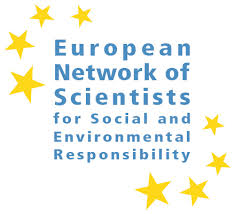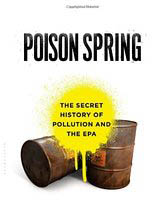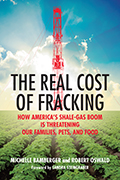by Steven Druker For more than twenty years, many eminent scientists and scientific institutions have routinely claimed that genetically modified foods are safe. And because of the perceived authority of their pronouncements, most government officials …
Continue readingTag: transgene
Growing Doubt: a Scientist’s Experience of GMOs
Jonathan R. Latham, PhD By training, I am a plant biologist. In the early 1990s I was busy making genetically modified plants (often called GMOs for Genetically Modified Organisms) as part of the research that …
Continue readingNo Scientific Consensus on Safety of Genetically Modified Organisms
Press release from ENSSER: There is no scientific consensus on the safety of genetically modified foods and crops, according to a statement released today by an international group of more than 90 scientists, academics and …
Continue readingSeralini and Science: an Open Letter
(Authors listed below) (Traduction Francaise) A new paper by the French group of Gilles-Eric Seralini describes harmful effects on rats fed diets containing genetically modified maize (variety NK603), with and without the herbicide Roundup, as …
Continue readingThe AquaBounty Salmon: Will the World’s First Commercial GE Animal Be an Albatross?
Jonathan Latham and Allison Wilson (Photo Credit: Yodod) Is it unrealistic to expect the scientific approval process for the world’s first commercial genetically engineered (GE) animal, the AquAdvantage salmon, to be rigorous and complete? Or …
Continue reading










